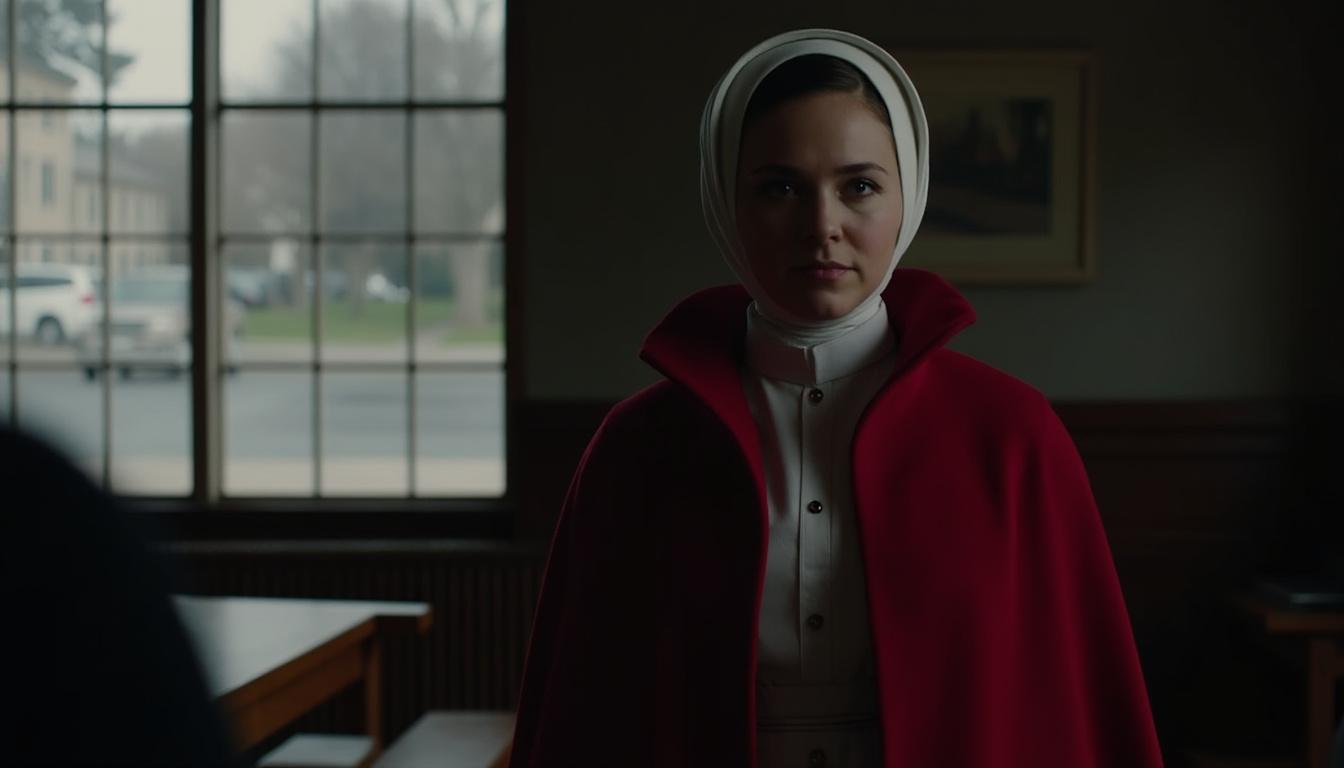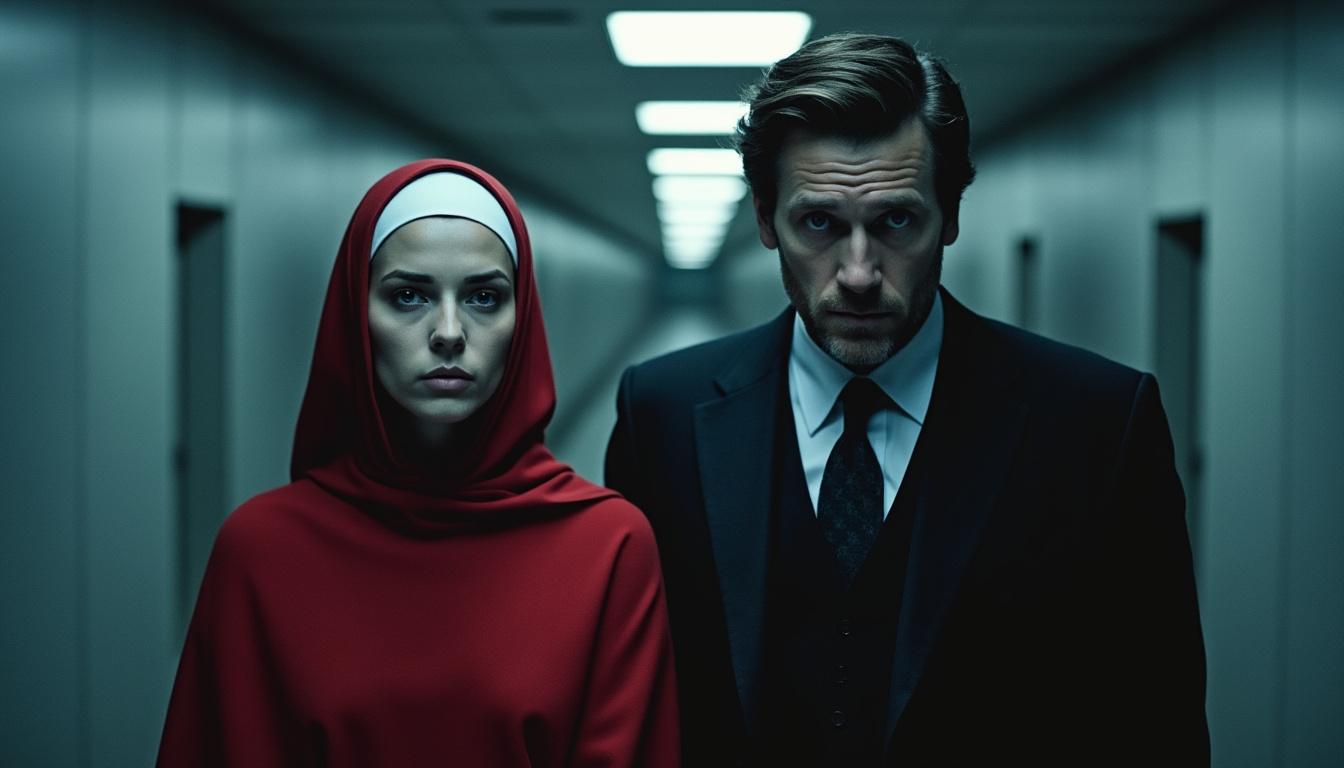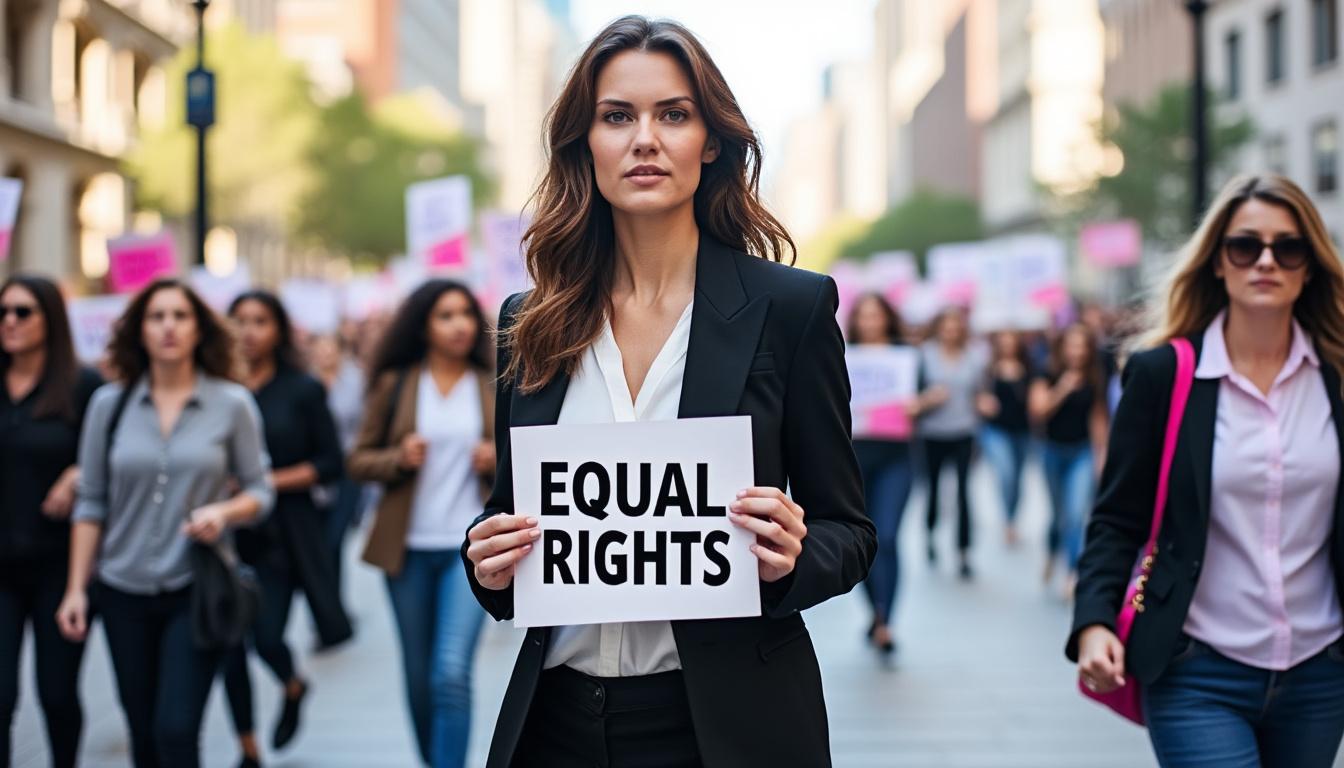Throughout her illustrious career, Sydney Sweeney has emerged as a dynamic and versatile actress, captivating audiences with her compelling portrayals in various television series and films. One of her most notable roles came in the acclaimed drama series The Handmaid’s Tale, where she played the character Eden Blaine. This role was particularly significant as it helped her gain considerable recognition in the entertainment industry. Understanding the context surrounding her age during this role adds a fascinating layer to her performance.
Unpacking Sydney Sweeney’s Age in The Handmaid’s Tale
During her appearances in The Handmaid’s Tale, Sydney Sweeney was just 20 years old. However, her character, Eden, was portrayed as a much younger character at only 15. This nuanced age difference showcases Sweeney’s incredible range as an actress, as she convincingly embodied the complexities of a teenage girl navigating a harrowing dystopian reality.

The Character of Eden Blaine
Eden Blaine is a pivotal character introduced in the second season of The Handmaid’s Tale. Her backstory is steeped in the beliefs and values instilled in her from a young age, reflecting a world dominated by Gilead’s oppressive regime. Eden was raised on a farm near Westminster, Massachusetts, learning to embrace the traditional duties expected of a wife under the strict societal norms of Gilead.
Raised as a true believer, Eden eventually finds herself assigned as a child bride to Nick Blaine, a driver for the Waterford household, in a mass-marriage ceremony known as a Prayavaganza. This event sees her initially thrilled about her marriage, representing the indoctrination she underwent throughout her youth.
However, as the story unfolds, viewers witness Eden’s transformation. Her initial affection for Nick turns to disillusionment when she realizes his heart belongs to another woman, June Osbourne. This emotional turmoil deepens as Eden navigates the perils of Gilead, drawing her further into the conflict of love and loyalty.
Table: Character Overview of Eden Blaine
| Character Name | Actress | Age in Show | Background | Relationship |
|---|---|---|---|---|
| Eden Blaine | Sydney Sweeney | 15 | Raised in Gilead, true believer | Child bride to Nick Blaine |
The Impact of Her Role
Sweeney’s portrayal of Eden Blaine allowed her to shine in a complex role that demanded both vulnerability and strength. Following her performance in The Handmaid’s Tale, Sydney’s career skyrocketed. She further showcased her talent in notable works such as The White Lotus, Reality, and Euphoria, a series that has garnered considerable buzz and critical acclaim.
Many fans who first encountered Sweeney through her work in Euphoria may be curious about her earlier performance in The Handmaid’s Tale. Understanding how old she was when she took on the role as Eden offers insight into her ability to tackle challenging characters at a young age.
- The Handmaid’s Tale marked a crucial step in Sweeney’s career.
- Her role introduced her to a broader audience as an actress with exceptional range.
- The character of Eden revealed deeper themes of love, betrayal, and the repercussions of indoctrination.
The Evolution of Eden’s Character
As the season progresses, Eden’s character arc takes a tragic turn. Initially portrayed as innocent and yearning for love, she falls for Isaac, a young Waterford guardian. Their blooming romance becomes a source of rebellion against the constraints placed upon her. This journey encapsulates the struggle for freedom and agency within the confines of Gilead.
The pivotal moment arrives when Eden and Isaac are caught attempting to escape, leading them to a heart-wrenching fate. The narrative spotlight on Eden allows the series to delve into themes of sacrifice and defiance. Her story highlights the harsh realities faced by women living under an authoritarian regime, amplifying the series’ critical commentary on women’s rights and freedoms.

Tragic Martyrdom
In a powerful climax, Eden and Isaac face judgment for their “infidelity,” resulting in their public execution. Eden is given a chance to save herself, yet she chooses to embrace martyrdom alongside Isaac. This decision underscores not only her loyalty and bravery but also represents the devastating consequences of Gilead’s ideology. The tragic end of Eden serves as a chilling reminder of the narrative’s weighty themes.
Sydney Sweeney’s Career Trajectory Post-Handmaid’s Tale
After her exposure in The Handmaid’s Tale, Sweeney’s career flourished in Hollywood. She transitioned smoothly into various projects, showcasing her impressive range. Notable performances in series like The White Lotus offered opportunities for her to tackle diverse characters with compelling backstories.
Sweeney also found herself in the spotlight during award seasons, drawing attention from acclaimed organizations such as the Emmy Awards. Her ability to embody complex characters with emotional depth contributed significantly to her rising star status within the film industry and among audiences worldwide.
- Debuted in the Emmy Awards circuit after The Handmaid’s Tale.
- Portrayed multifaceted roles across genres from drama to thriller.
- Received opportunities to collaborate with industry heavyweights.
Table: Sweeney’s Notable Works After The Handmaid’s Tale
| Title | Role | Year | Platform |
|---|---|---|---|
| The White Lotus | Olivia | 2021 | HBO |
| Euphoria | Cassie Howard | 2019 | HBO |
| Reality | Reality Winner | 2023 | Theatrical |
Contributions to the Discussion on Gender Politics
Sydney Sweeney’s role in The Handmaid’s Tale not only highlights her talent but also contributes to larger societal discussions on gender politics and women’s rights. Through her character, Eden, the series brings awareness to the oppressive constraints placed upon women in patriarchal societies. Sweeney’s performance is a testament to how characters in television can provoke critical thought and dialogue among viewers.
Furthermore, the character of Eden serves as a reflection of the struggles women continue to face today. By portraying Eden’s journey, Sweeney sheds light on the broader implications of control over women’s bodies and choices, a topic that resonates deeply in contemporary society.



